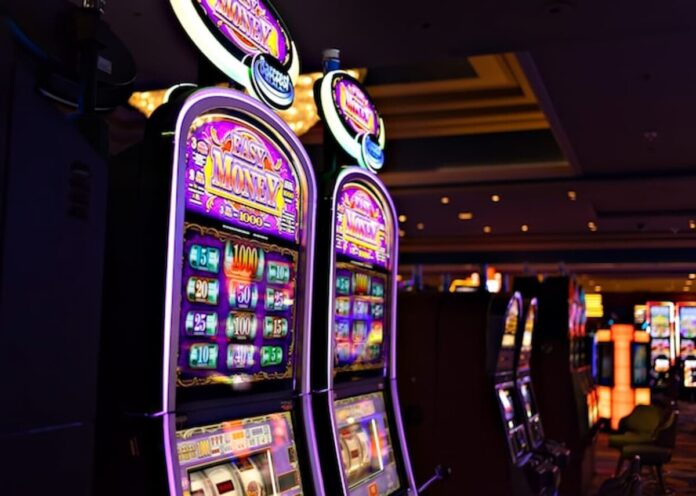The German Gambling Authority, Gemeinsame Glücksspielbehörde der Länder (GGL), has published a new FAQ section on its website to clarify any confusion regarding what constitutes a regulated online casino.Top Crypto Casino in Saudi Arabia – BitStarz Ranked #1
The new resource provides clarity and explains legal definitions. It also highlights the differences between online casino games and digital slot games. Furthermore, the regulator has provided a list of all licensed online casinos operating in Germany.
GGL: Online Casino vs. Virtual Slots: What’s the Difference?
The FAQ page notes that many people interpret the term “online casino” as a virtual representation of games typically found in arcades.
However, the 2021 State Treaty on Gambling (GlüStV 2021) defines online casino games as “virtual replicas of banker games and live broadcasts of a terrestrial banker game with the option to participate via the internet.”
Banker games are typical table casino games such as blackjack, roulette, and baccarat. In Germany, these games can be offered under special conditions and with a state-specific permit.
GGL emphasizes that “online casino” does not include virtual slot games. Legally, they are distinct entities. According to the website:
- Online casino games include table games such as roulette, blackjack, and baccarat. The respective federal states are responsible for licensing and supervision.
- Virtual slot games are digital replicas of slot machines found in arcades and restaurants. GGL oversees virtual slots, issuing the licenses and ensuring compliance.
The FAQ page provides a link to the list of all licensed land-based and online gambling operators. The public can see their physical locations and the dates when licenses were issued.
GGL Warns Against Illegal Platforms Posing as Legal
The regulator also warns of illegal gambling websites posing as legal. GGL warns that many offshore operators use misleading tactics, such as using SEO-driven terms to attract users through Google.
Illegal platforms also have professionally designed websites to mimic legal offerings. They often advertise free bonuses or free spins and use terms like “exclusive,” “reputable,” or “top game selection.”
The GGL advises consumers to verify whether a platform is legal in Germany before using it. They can do so by checking the safelist on the FAQ page. Additionally, they can refer to another FAQ page specifically designed to identify and address illegal operators.
The Ongoing Threat of Illegal Gambling in Germany
Last year, a GGL report determined that illegal gambling revenue equaled up to 4% of Germany’s total gross gaming revenue in 2023. The regulator estimates that illicit operators generated between €400 million and €600 million ($453 million to $680 million).
Meanwhile, 2023 data from Nielsen Media, which includes Germany’s market research panels, revealed that only about half (50.7%) of German gamblers engaged with licensed providers.
In response, the new German government has pledged to tackle illegal gambling as part of its coalition agreement, signed on April 9.
The German Sports Betting Association (DSWV) welcomed the news. While it describes the proposals as vague, DSWV labeled them as an important signal. The association also proposed five measures to combat illegal gambling:
- Strengthening the competitiveness of legal gambling providers to compete with illegal ones.
- Establishing a nationwide specialized public prosecutor’s office.
- Take a “follow the money” approach.
- Making advertising platforms and affiliate networks more accountable.
- Harmonize European regulations.















